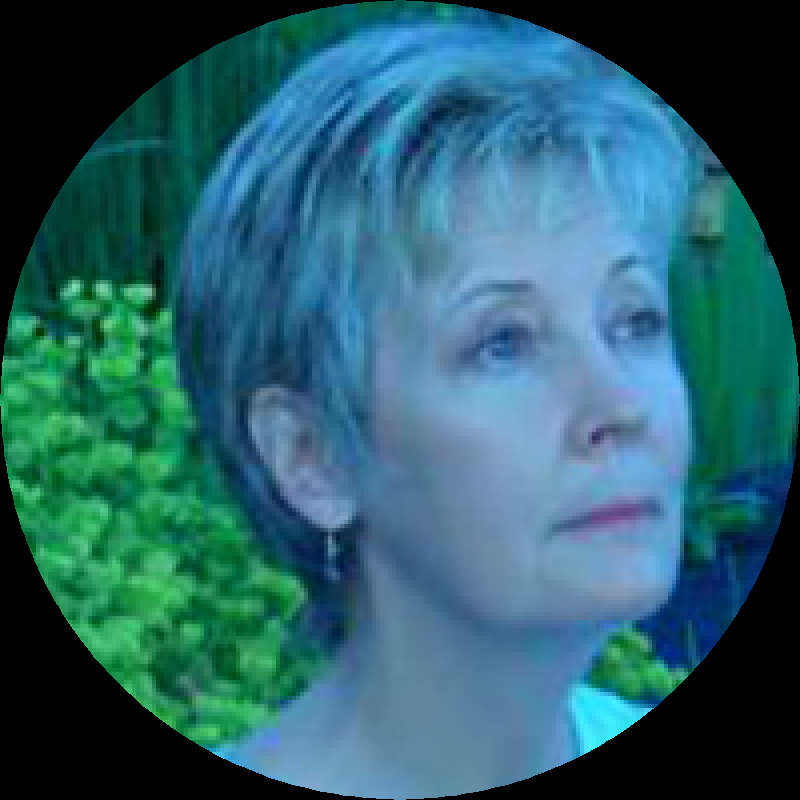
A.S. Penne is the author of the creative nonfiction memoir Old Stones (Touchwood Editions, Horsdal & Schubart, Victoria2002). Her writing has won awards on both sides of the Atlantic, including the UK’s Ian St. James Award (1996, 1994), the Writers’ Digest award (1994), and the Prairie Fire Creative Non-fiction Contest (1999). Her journalism has appeared in Explore, Western Living, and Cross Country Skier, among others, and has been a finalist in the Western Magazine Awards (2000). Penne has an MFA from UBC and writes both fiction and nonfiction as well as for the stage. Reckoning, her most recent book (Turnstone Press, Winnipeg,2008) is a collection of short fiction.
Penne has been a participant at both the Banff Writing Studio and the Iowa Writers Workshop. Born and raised in BC, she has made her home in various places during her writing career, from London to Sacramento, Glasgow to Montreal.
Currently a resident of BC's Sunshine Coast, Penne facilitates creative writing workshops for both private groups and literary arts festivals. For more information please see her website at www.aspenne.com.
I talk about writing as a map, a device to find the way to somewhere. Using readings from one or both of my books, I'll explain, in language appropriate to my audience level, how the mapping process worked for me and how it fits into the whole design of life.
I'll also give some background information as to how the excerpt came to be written, particularly where the idea for the story came from, and use examples from progressive drafts to show the kinds of changes I make to fine-tune the map.
Workshops are often ongoing processes but specific focus workshops can be arranged (one example is a workshop I call "Writing from the Body" where participants explore the physical senses to capture ideas in their writing.)
I use exercises that focus on particular writing skills. So if we want to explore point of view, for example, I'll use excerpts that demonstrate different methods of working with POV. After some discussion focusing on how the methods work (e.g., what they try to illuminate or why they are chosen) I will suggest several starters (but also invite participants to use their own) for some free writing.
This workshop idea can be used with other skills: voice, characterization, plot development, setting, etc



